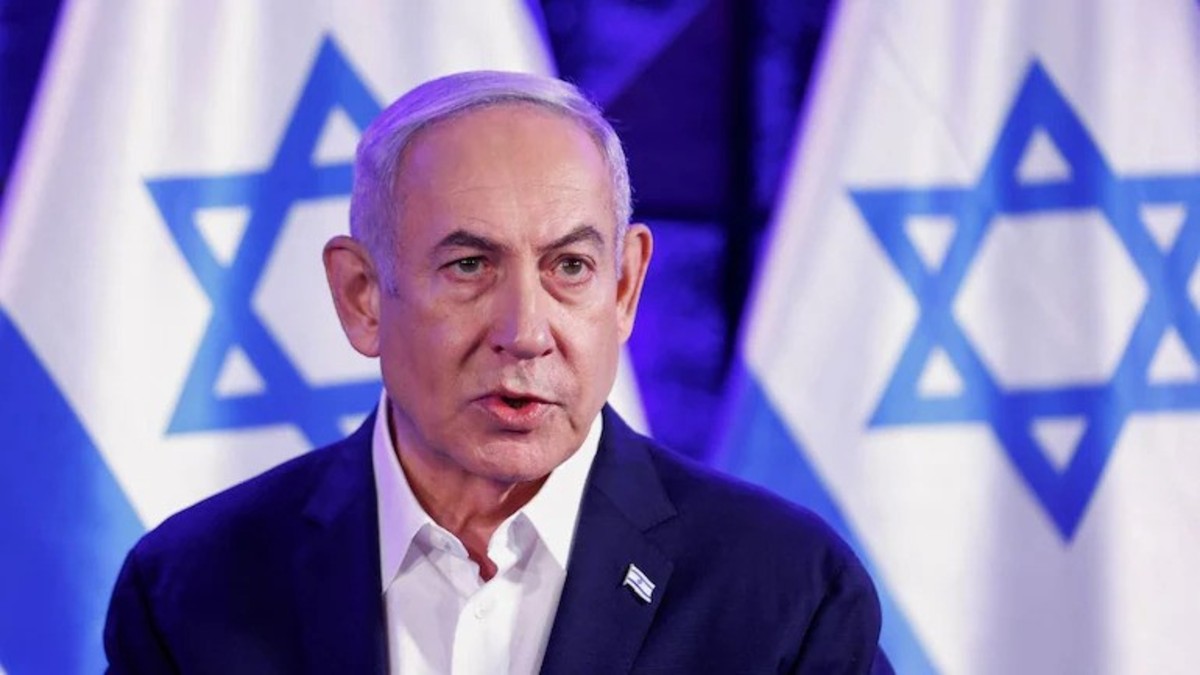Israeli Prime Minister Benjamin Netanyahu was ready to consider a ceasefire in Gaza as early as April 2024, six months into the war, according to a report by The New York Times.
The plan, which included a proposed six-week truce and the release of hostages held by Hamas, was drafted and shared secretly with Egyptian mediators, though never formally presented to Netanyahu’s cabinet, added the report.
Netanyahu had directed an envoy to communicate Israel’s new position during negotiations, signaling a willingness to compromise with Hamas, reported NYT.
The proposal would have halted fighting temporarily, opened a path for broader talks on a permanent ceasefire, and potentially secured the release of more than 30 hostages within weeks.
Additional releases were expected had the truce been extended, added the report.
Beyond the humanitarian and strategic implications, the ceasefire was also seen as a possible springboard for a landmark normalisation deal with Saudi Arabia, a diplomatic breakthrough that could have reshaped Israel’s standing in the region and cemented Netanyahu’s legacy.
However, the plan carried significant political risk.
According to the report, Netanyahu’s fragile governing coalition relied heavily on far-right ministers like Finance Minister Bezalel Smotrich and National Security Minister Itamar Ben-Gvir, who opposed any pause in the war and instead pushed for full military occupation and Jewish resettlement in Gaza.
Impact Shorts
More ShortsSmotrich, upon learning of the possible ceasefire plan, threatened to collapse the government if such a deal moved forward. Faced with that threat, Netanyahu denied the plan’s existence and, according to the report, instructed his advisers not to present it.
Ultimately, Netanyahu chose political survival over a potential truce — a decision that may shape how his leadership during the war is judged.
The Gaza conflict, which has now become the longest high-intensity war in Israel’s history, has killed over 55,000 people, including thousands of children, and devastated much of the territory.
International criticism has intensified, with the International Court of Justice weighing genocide allegations against Israel and global opinion turning sharply against the ongoing military campaign.
As the war grinds on, Netanyahu’s earlier hesitation to act on a possible ceasefire adds to the scrutiny surrounding his handling of the conflict — and the cost of missed opportunities for peace.
With inputs from agencies
)